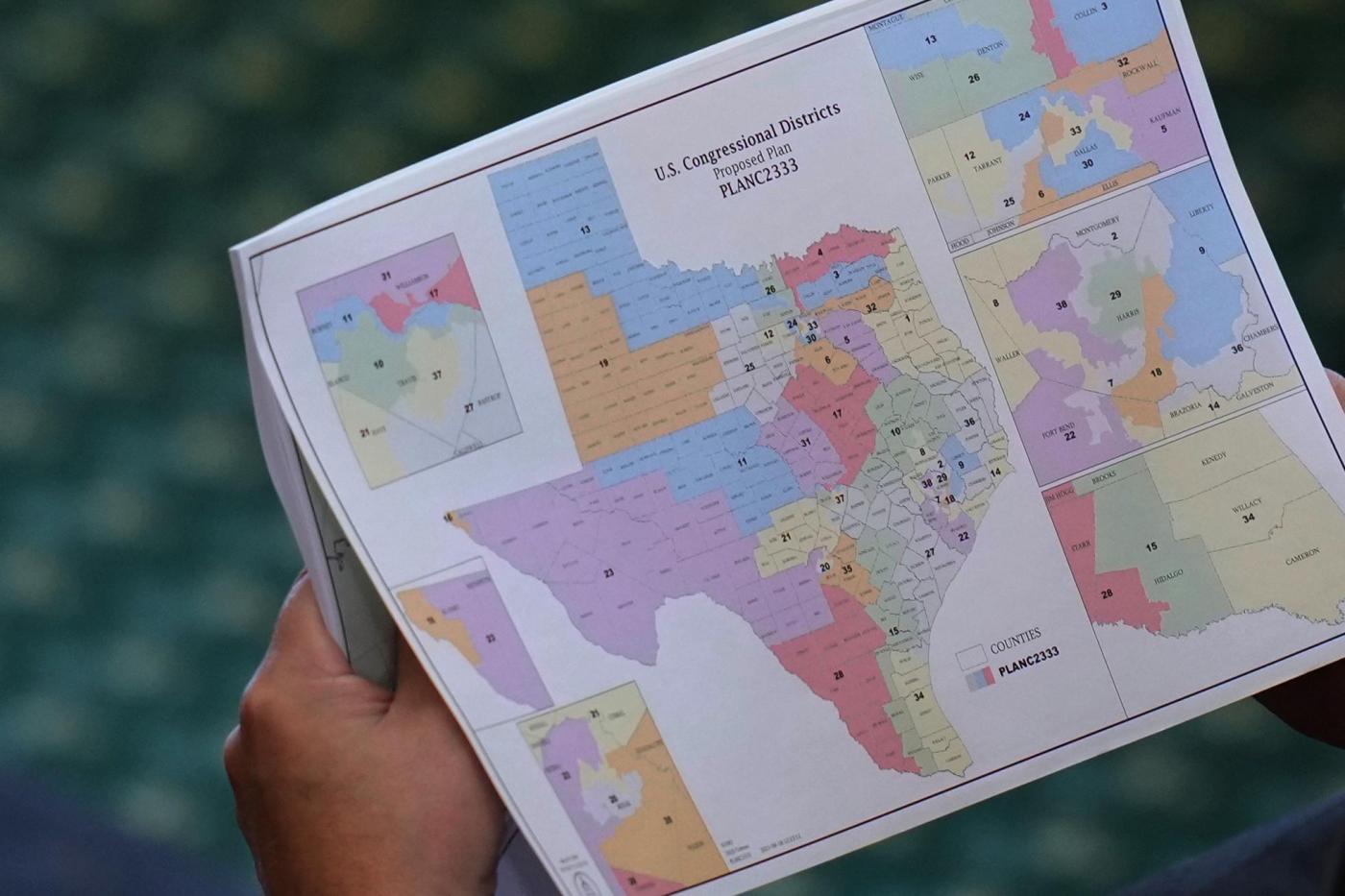A federal court has issued a ruling that prohibits Texas from implementing its new congressional map in the upcoming 2026 midterm elections. In a decision made by U.S. District Judge Jeffrey Brown, the court ordered the state to revert to the congressional maps that were used during the 2021 elections. This ruling emerged from a 2-1 decision which highlighted concerns regarding potential racial gerrymandering.
Judge Brown, who was appointed by former President Donald Trump in 2019, noted in his ruling that the map approved by the Texas Legislature, referred to as the 2025 Map, met nearly all of the racial objectives set forth by the Department of Justice (DOJ). He stated, “The map ultimately passed by the Legislature and signed by the governor — the 2025 Map — achieved all but one of the racial objectives that DOJ demanded.” The ruling emphasized that the Legislature had dismantled and significantly altered several districts identified by the DOJ, as well as various “coalition districts” throughout the state.
The congressional map, which was approved in August 2023, was anticipated to enhance Republican representation by potentially securing five additional seats in Congress. This followed a letter from the DOJ’s Civil Rights Division urging Texas to revise its maps to comply with the Voting Rights Act, warning of potential legal actions if changes were not made.
Judge Brown’s ruling pointed out that while politics undoubtedly influenced the drawing of the 2025 Map, there was also substantial evidence indicating that the map was racially gerrymandered. The situation escalated shortly after the map’s approval, when the National Association for the Advancement of Colored People (NAACP) filed a lawsuit alleging that the state engaged in racially motivated gerrymandering aimed at silencing Black communities ahead of the midterms.
The new congressional lines were strongly supported by Trump, who has urged Republican-led states to consolidate GOP control in Washington prior to the 2026 elections. This ruling has sparked a wave of redistricting efforts from both parties across the nation. For instance, California Democrats have drawn a new map in direct response to Texas’s actions, aiming to secure five Republican-held seats. In turn, the DOJ has initiated legal proceedings against officials in California regarding its new map, which is designed to favor Democratic candidates.
Should Texas choose to appeal this recent ruling, the case would proceed directly to the U.S. Supreme Court, marking a significant moment in the ongoing discussion surrounding redistricting and electoral fairness in the United States.







